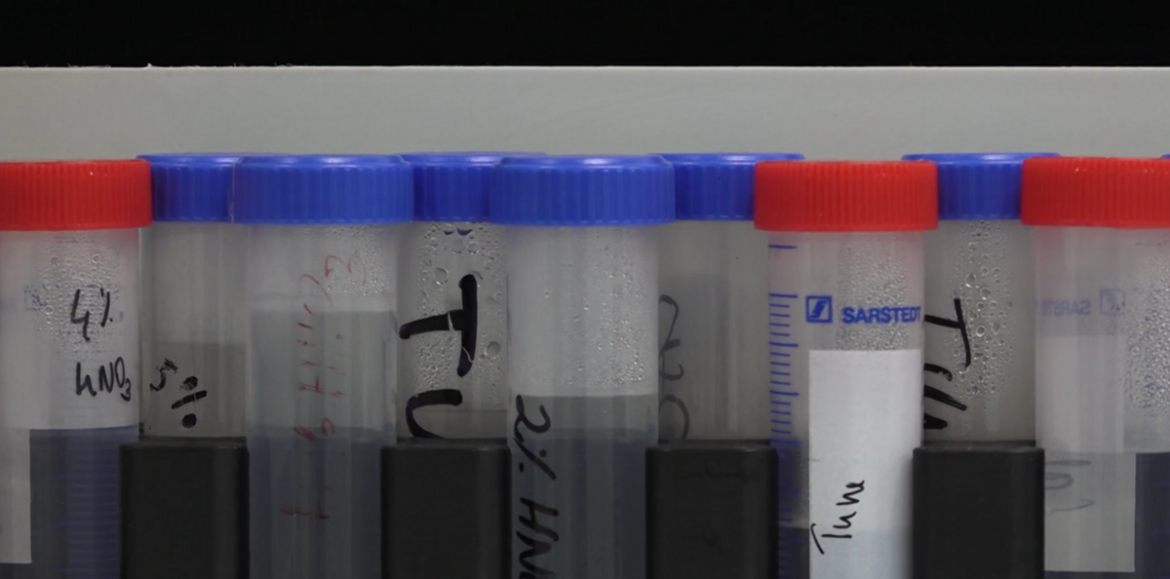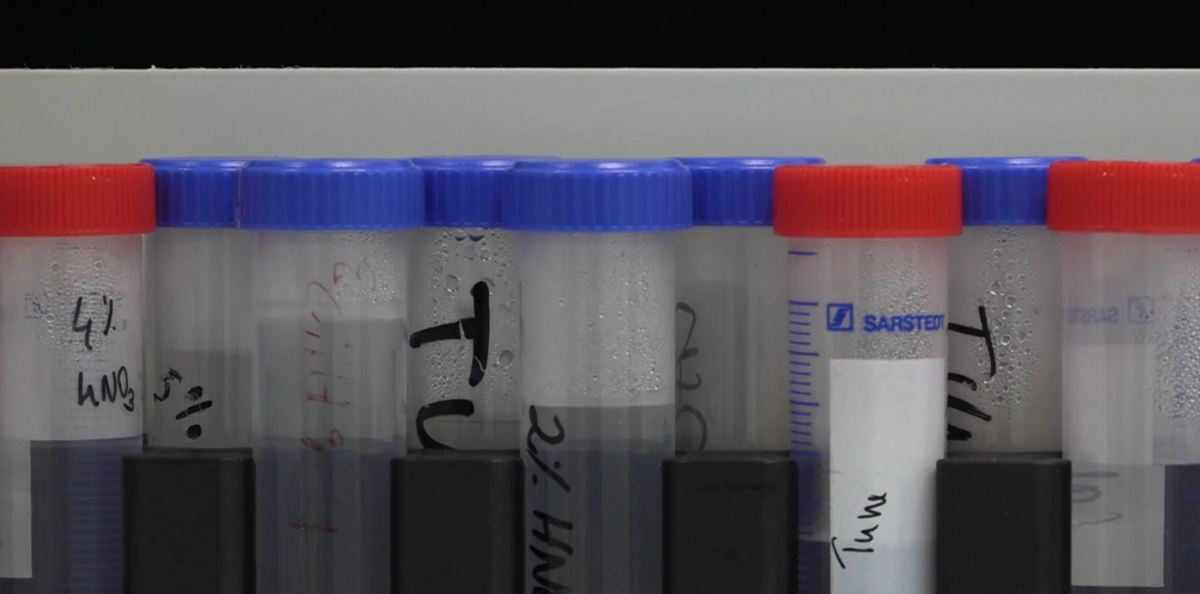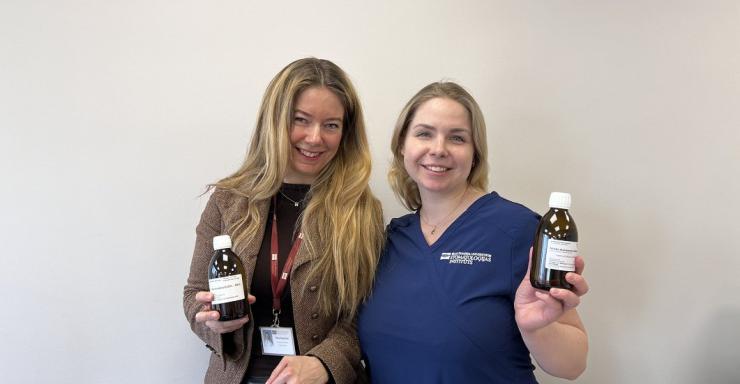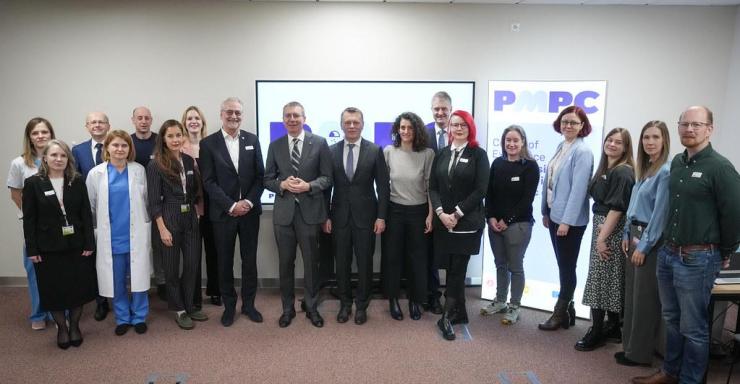Antibiotics are increasingly being used to treat various diseases, but this action has an undesirable side effect – antibiotic resistance. To combat this, various studies are being conducted, and new ways are being sought to treat different bacterial and viral infections. One such study at Rīga Stradiņš University (RSU) is featured in "360 News."

The development of new drugs and therapeutic agents is a lengthy process, but RSU researchers continue to work on the development of bacteriophage therapy, which can save lives in cases where antibiotics no longer help.
Kārlis Rācenis, the scientific vice-dean of the Faculty of Medicine at RSU, explains: "Bacteriophage therapy means using bacteriophages, which are specific viruses that are living organisms and infect only bacteria. They cannot infect humans. We use this principle to administer a virus to a person to cure them from a bacterial infection."
This method has successfully cured people not only in Latvia but also elsewhere in the world, Rācenis notes. However, bacteriophage therapy is still experimental and is only used in cases where no other options remain.
Currently, bacteriophage therapy is being considered for military purposes and to treat battlefield injuries. "We have researchers with whom we also collaborate in the military aspect. We are working on a NATO project, where bacteriophage therapy is seen as a crucial alternative for soldiers who get infected with resistant infections, which happens very often in these combat situations, as evidenced by the current situation in Ukraine," says Rācenis.
Meanwhile, this week, RSU is holding Science Week, gathering a record number of specialists – more than 300 scientists from leading European universities who will discuss not only medical research advancements but also solutions for good governance, misinformation and its impact on society, as well as many other topics.


